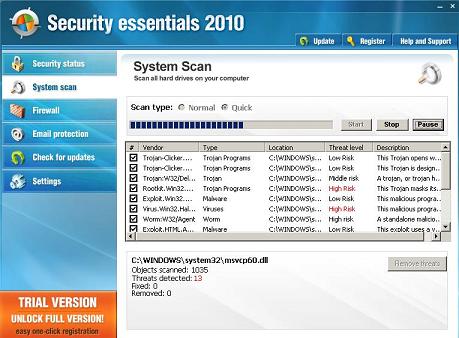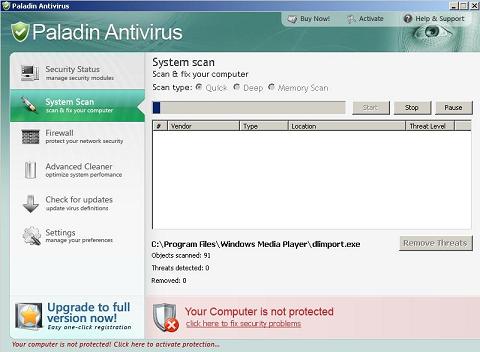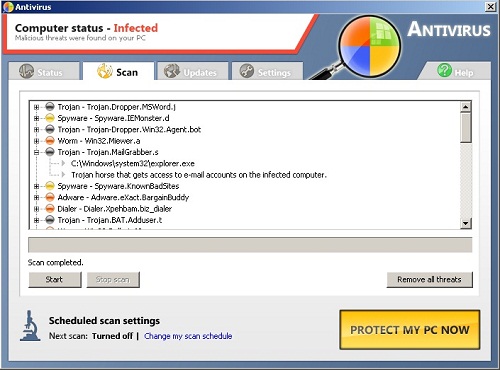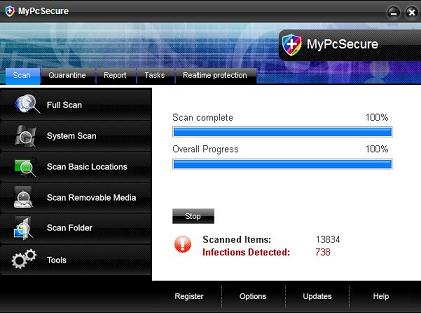Lavasoft Blog
Today, we updated our anti-malware software, bringing you new features that will give a boost to your security whether you use Ad-Aware Free, Ad-Aware Plus, or Ad-Aware Pro.



 Valentine’s Day is coming up this weekend. While you likely associate it with chocolate, flowers, and romance, those of us in the security world also identify it with something entirely different – malware. As we’ve approached February 14, there has, not surprisingly, been a rise in Valentine’s-related online ploys.
Valentine’s Day is coming up this weekend. While you likely associate it with chocolate, flowers, and romance, those of us in the security world also identify it with something entirely different – malware. As we’ve approached February 14, there has, not surprisingly, been a rise in Valentine’s-related online ploys.
A new clone from the MalwareCatcher rogue security software family has now been released.
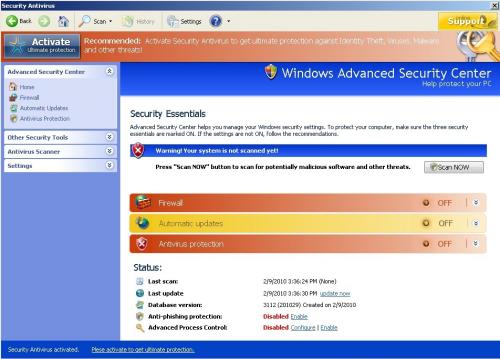
The fraud tool is called SecurityAntivirus and will add hundreds of registry keys within:
 Today, February 9, is Safer Internet Day. Organized by Insafe (the European Safer Internet awareness-raising network co-funded by the European Commission), Safer Internet Day is part of a global awareness-raising campaign to promote a safer Internet, especially for children and young people.
Today, February 9, is Safer Internet Day. Organized by Insafe (the European Safer Internet awareness-raising network co-funded by the European Commission), Safer Internet Day is part of a global awareness-raising campaign to promote a safer Internet, especially for children and young people.
We posted a warning not too long ago on online fraud related to Haiti earthquake relief efforts. Today, there’s new information out on this topic that you should be aware of -
A new rogue that will randomly change names and include a reference to the current operating system has emerged.
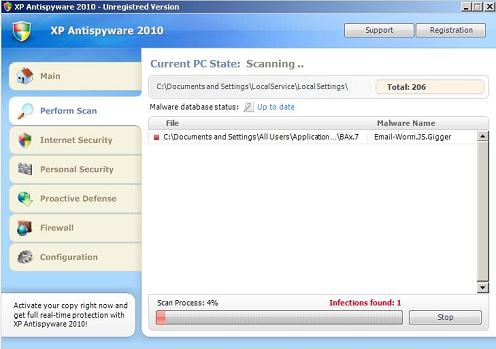
The rogue will change to different names depending on the user's OS. On Windows XP we have encountered the following:
There’s some unsettling cyber crime news coming out of the Black Hat cyber security conference that’s being held this week outside of Washington, DC; Reuters reports that an analyst at SecureWorks presented findings showing that organizations are hiring contractors by advertising through online ads, a sort of affiliate program to infect PC's.
.img_assist_custom-146x131.jpg) You may not be familiar with the term ‘rogue software’ but there’s a very good chance that you or someone you know either has experienced it, or will in the near future. Keep reading for a look at a few important pieces of information on rogues that may help to keep you, your friends or your family from falling for this growing malware threat.
You may not be familiar with the term ‘rogue software’ but there’s a very good chance that you or someone you know either has experienced it, or will in the near future. Keep reading for a look at a few important pieces of information on rogues that may help to keep you, your friends or your family from falling for this growing malware threat.
